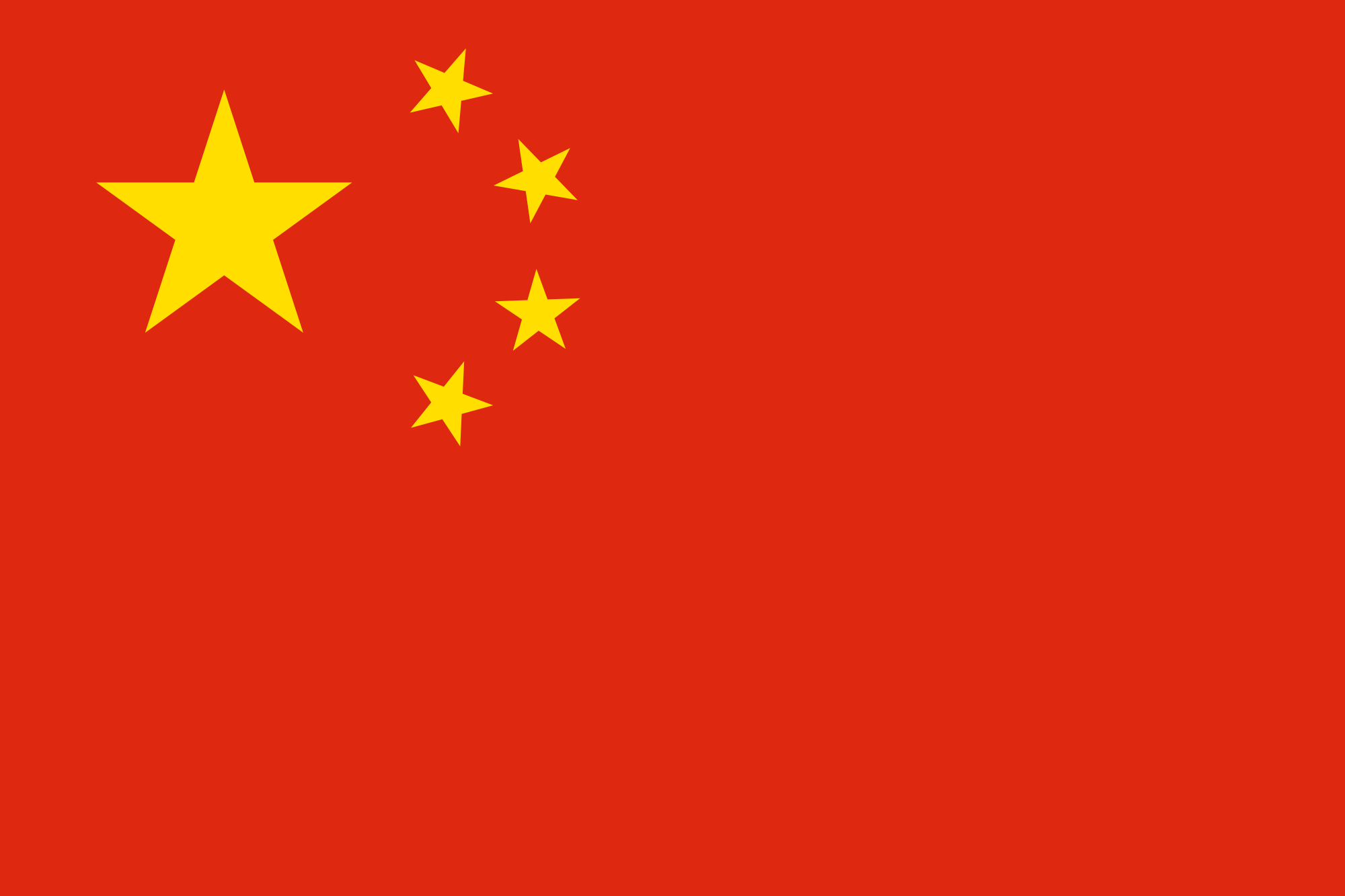27 October 2022
Liz Truss and President Xi
Market reactions.
By Neil Tidmarsh

The leader, newly-appointed for a new term in office, introduces the new government and unveils their new plan for the economy. Result? The financial markets are spooked, shares plunge to a 13 year low, the currency hits its weakest level in 15 years and the global oil price falls by 1%.
Dear oh dear. Disaster. Time for a personnel change and a policy u-turn.
What? Change? Absolutely no way. Whoever suggests such a thing will be dealt with most rigorously, irrespective of their eminence or age. An elder statesman of the party (indeed, an ex-leader), for instance? Away with him in the most public and humiliating and sinister way, forcibly escorted off the platform of power in the full view of the world but, mysteriously, without a word of explanation. Or an ordinary citizen (nay, an exile and thus a non-person), for instance? Have him dealt with more roughly; drag him into the nearest consulate and let him feel the iron fist inside the velvet glove.
Clearly, we’re not talking about Liz Truss here.
This week, China’s twentieth Communist Party Congress saw President Xi appointed for a record third term as party leader. This surprised no one. And perhaps the market reaction to his inner-circle appointments and to his views on the economy shouldn’t have surprised anyone either. Economic reformers were out. Protégés, allies and other supporters of Xi’s plans for a bigger role for the Party in China’s businesses and technology enterprises (control at the possible expense of growth) were in. The overall emphasis seemed to be on state security and zero-Covid rather than on economic health.
China’s economy is not in robust health. The property sector, which accounts for over a quarter of GDP, is in debt-laden crisis. The zero-Covid policy means that crippling lockdowns continue. The population is shrinking. The official ‘one child’ policy was abandoned in 2015, but it appears that an unofficial ‘no child’ policy is replacing it. “Sorry, we are the last generation” was one couple’s reply when told that any refusal to observe strict lockdown regulations would lead to punishment not just for themselves but for any children and grandchildren they may have in the future; and those words have been adopted as an on-line hashtag for a growing number of young people who don’t want to bring new life into today’s China. National GDP grew by only 0.4% in the second quarter, and the annual growth target of 5.5% (a modest target in itself, the lowest in three decades) was subsequently abandoned. The figures for the third quarter were due to be released during the Congress, but, ominously, they were “postponed indefinitely”.
Little wonder, then, that the Party Congress sent jitters through the markets. A sell-off of Chinese stock gripped the Hong Kong exchange; the Hang Seng share index fell by 7%. A Nasdaq index of Chinese technology companies fell by almost twice that. The ‘onshore’ yuan sank to its lowest level against the dollar since 2017 (and close to the lower limit set by China’s central bank); the more freely-traded ‘offshore’ yuan fell to its lowest level against the dollar since 2010. Those third quarter GDP figures were eventually released, after the Congress, and reported growth of 3.9%, better than forecast but still way short of that 5.5% target. Moreover, according to Dominic Lawson in The Sunday Times, “an institutional dishonesty has always affected such figures in China, as regions cover up their failure to hit official growth targets”. Other figures released the same day, showing that crude oil imports were 2% lower last month than in September last year, triggered a 1% fall in the global price of oil.
And yet there is no likelihood of change at the top, either in personnel or policy. The treatment of reformist ex-premier Hu Jintao, publicly ejected from the Congress (before he had a chance to query the official papers in front of him, or simply as a warning to any other potential opposition leaders out there, or because… well, will we ever know?) made that plain enough. As did the brutal punishment meted out to Bob Chan, the protester for change, inside the gates of China’s consulate in Manchester. President Xi, unless we’ve all read the 20th Party Congress wrong, is in power for life.
So brace yourselves, everybody. China’s rigid insistence on stability rather than change is likely to give us all a very uncomfortable and unstable ride over rapidly-changing ground.
All this, of course, might shed a fresh light on recent happenings closer to home. When market forces told Westminster that the government had the wrong leadership and the wrong policy, the government was able to change both leader and policy. A flexible, pragmatic system which can acknowledge mistakes when they are made and then correct them is likely to be more effective than a rigid system which cannot. As Filipp Piatov, the politics and opinion editor of Bild, Europe’s bestselling daily newspaper, wrote in last Saturday’s The Times; “Resignations like those of Truss are sometimes evidence that a political system is functioning, not failing.”


